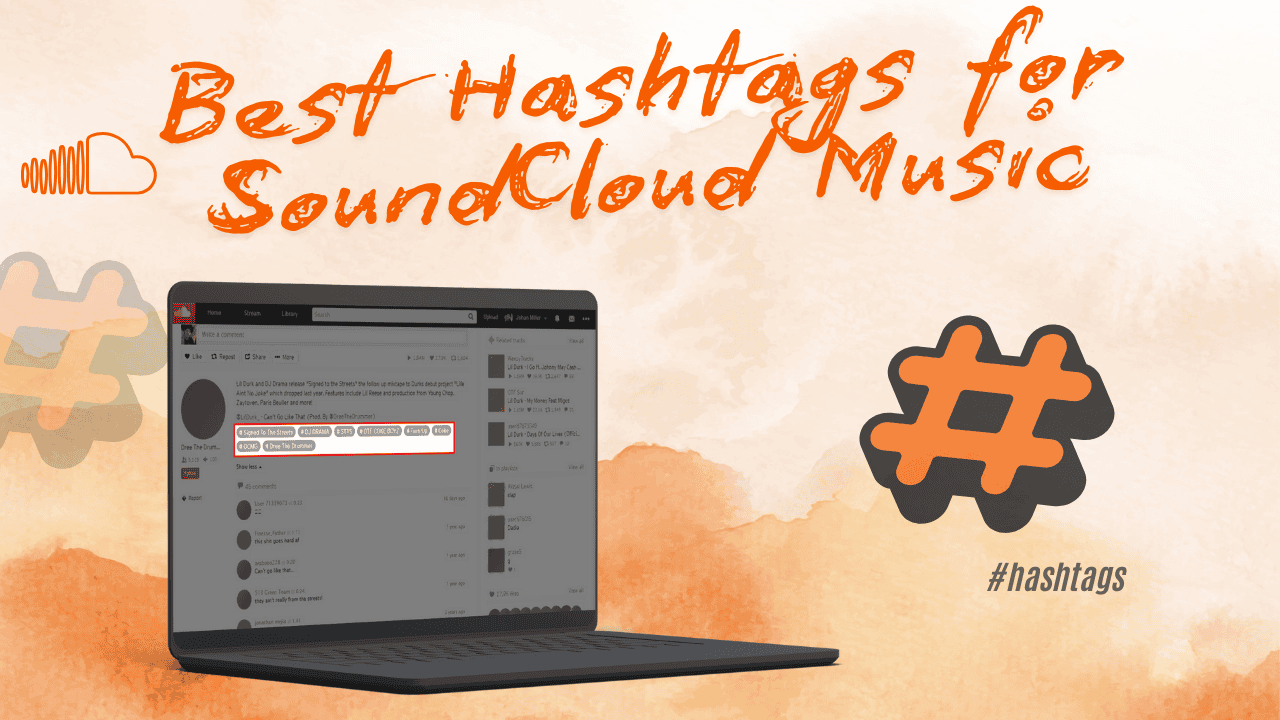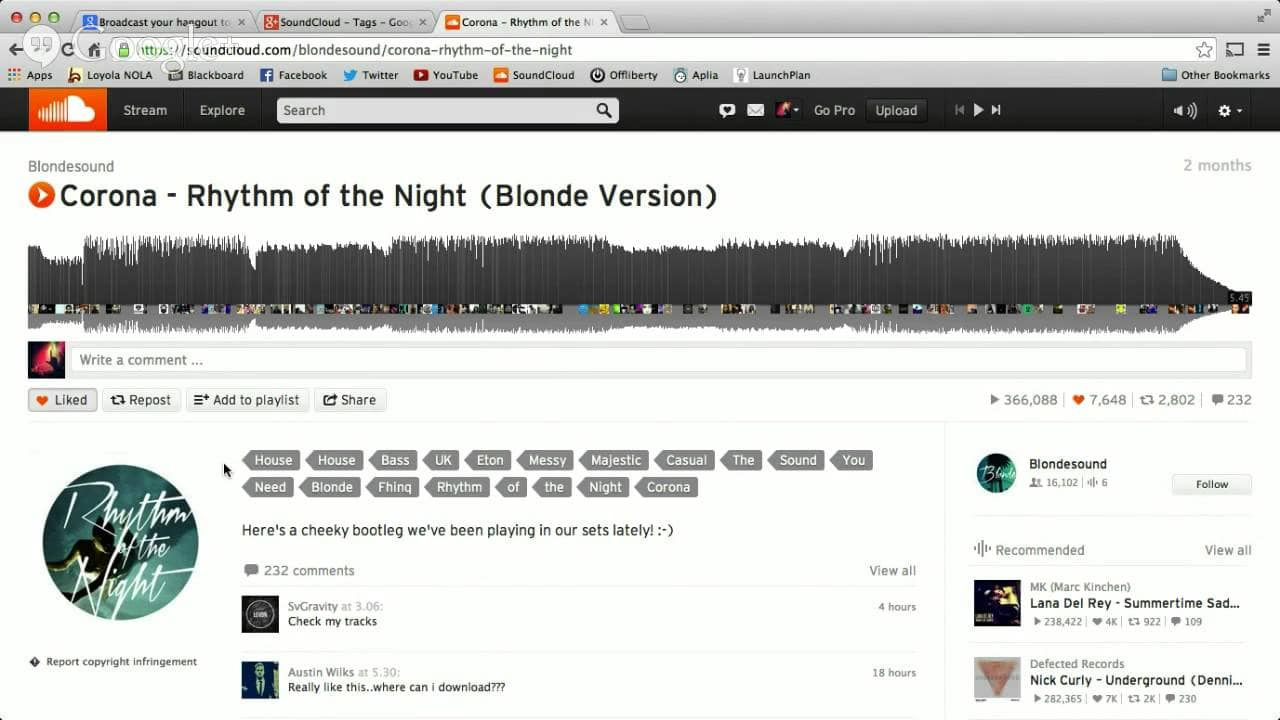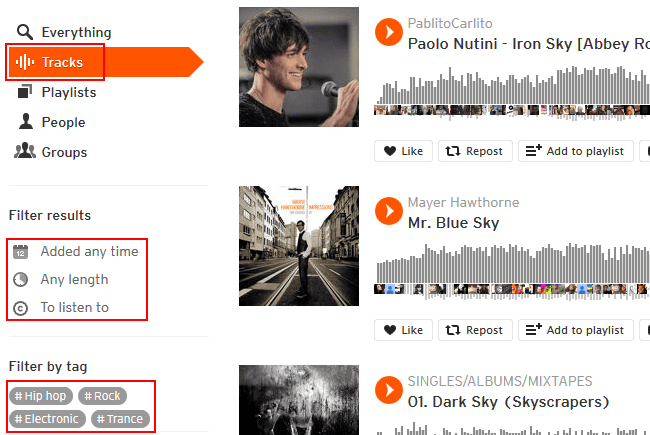Hashtags are a powerful tool to help your music get noticed on SoundCloud. Using the right hashtags can connect your tracks with the perfect audience, increasing your plays, likes, and overall engagement. But with so many options out there, how do you choose the best ones to make your music stand out? Don’t worry—we’ve got you covered! In this guide, we’ll show you step-by-step how to select the most effective hashtags to boost your SoundCloud success. Ready to get started? Let’s dive in!
Why Are Hashtags Important on SoundCloud?
Hashtags act like keywords that help users explore the massive SoundCloud music library. They’re often linked to genres, moods, artists, or popular themes.
For instance, if you’re looking for dance tracks, hashtags like #dance or #dancing will guide you to the right songs. Each tag is usually under 20 characters. When tagging genres, you can use both the full version (#DrumAndBass) and its abbreviation (#DnB). Genre tags are particularly popular because they’re the easiest way to categorize and discover music.
How Many Hashtags Should You Use in a SoundCloud Track Description?
If you’re new to SoundCloud, you might think adding as many hashtags as possible is the best approach—but it’s not. Instead, focus on using a few specific and relevant hashtags that match your song and audience. Adding three to five tags per track is generally a good balance to help your music reach the right listeners.
Do Hashtags Impact the SoundCloud Algorithm?
Yes, hashtags play a key role in how the SoundCloud algorithm ranks and promotes your music. The platform uses the DiscoRank algorithm, similar to Google, which works to match user searches with the most relevant content. This means the more accurate your hashtags are, the better your chances of being discovered by the right listeners.
Why Does This Matter for Musicians?
Using relevant and popular hashtags is essential for boosting your music’s visibility. Many creators make the mistake of using trending but unrelated tags—like tagging a disco track with #hiphop just because hip-hop is popular. This confuses the algorithm, pushing your track lower in rankings and reducing engagement.
To maximize your reach, make sure your tags match your song’s genre and mood. When done correctly, the algorithm will rank your track higher, increasing its visibility on search results and playlists.
Boosting Your Music on SoundCloud
Promoting music takes time and effort, but it pays off. Pairing the right hashtags with a strong promotion strategy, such as organic plays, likes, and reposts, can elevate your track’s ranking. The better your visibility, the more likely your music will appear in personalized playlists and trending categories, putting it in front of more listeners. By choosing the right tags, your songs can stand out in your genre and attract a larger audience.
What Hashtags Should You Use on SoundCloud?
When choosing hashtags for your songs on SoundCloud, focus on two main categories: mood and genre. Start by selecting a genre tag from SoundCloud’s list. If your genre isn’t listed, you can create your own, but it’s best to pick a popular, recognizable genre whenever possible.
Once you’ve chosen a genre, include it as the main hashtag on your song page. Then, add mood-related or vibe-descriptive hashtags in the description, such as:
- #Dark
- #Night
- #Dancehall
These tags help listeners discover your music based on their preferences.
For inspiration, check out similar artists or competitors in your genre to see what hashtags they’re using. Experienced musicians often use well-optimized tags that attract more listeners.
However, keep your tags accurate. For example, only use #soul for R&B or soul music, #jazz for jazz tracks, and #classicalmusic for classical pieces. Misleading tags can confuse listeners and lower engagement. By refining your hashtag strategy, you’ll also improve your chances of being added to playlists or collaborating with other artists.



